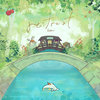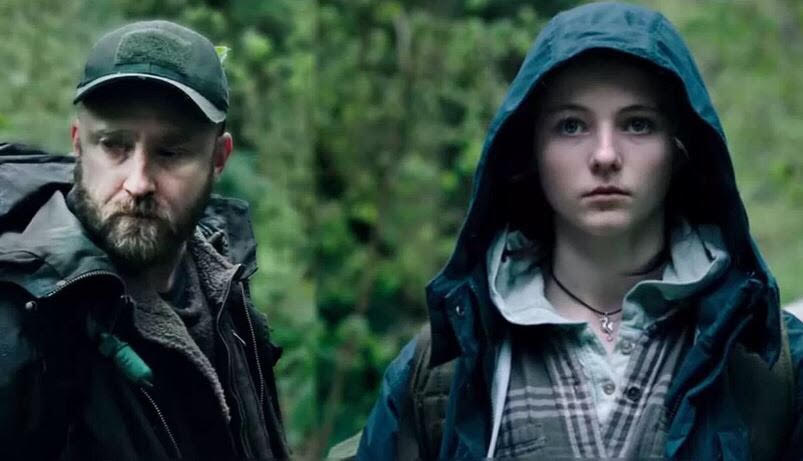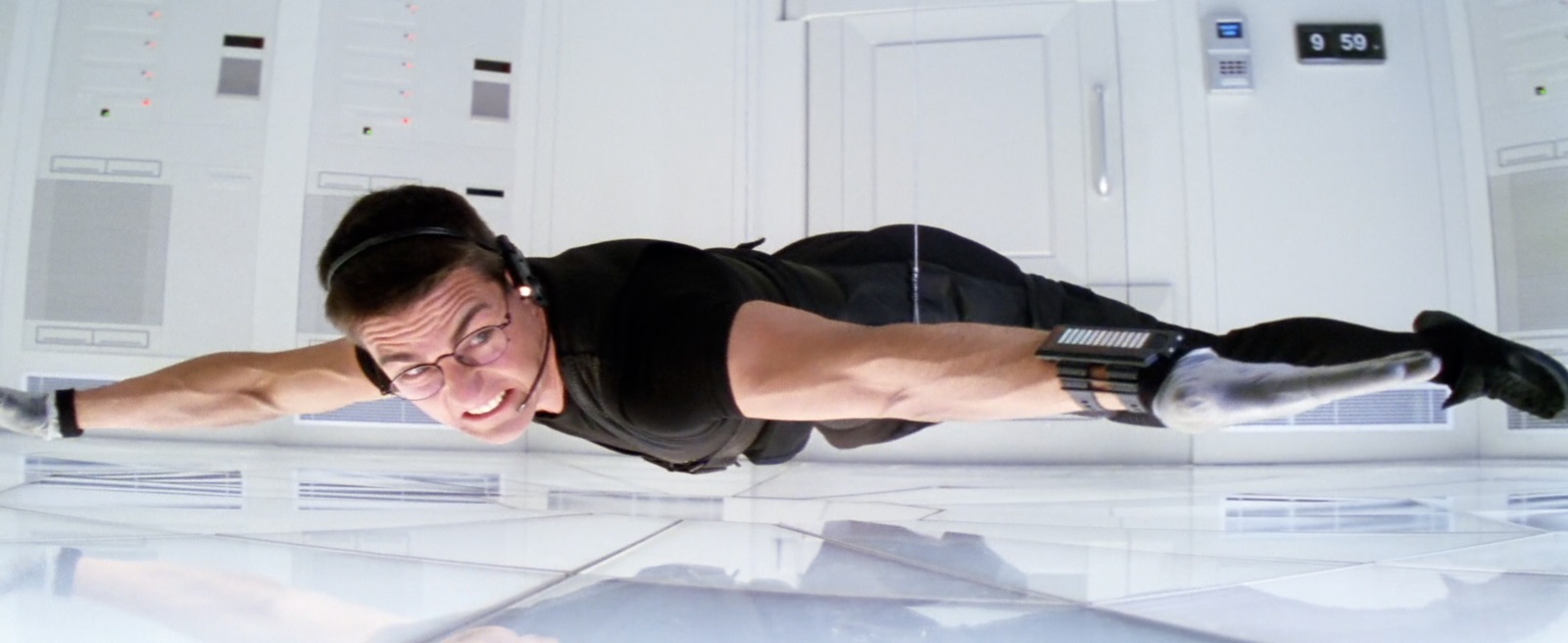Mixed Noodles #7 | Japanese Sociology
this week (x2) —
Pretend it’s still july and I’m not a week behind
- Animal crossing tunes, re-imagined.
-
The fetishization of Japanese culture has long enraptured us. From Paul Schrader’s transcendental analyses and David Bordwell’s neoformalist obsessions, to Wada-Marciano’s Nippon Modern and David Thompson’s pitting of Ozu vs. Avatar, film critics and historians have revered Japanese society and cinema as an exercise of zen and mono no aware: nothingness. Contradictingly, in the modern age, another idealized version of Japan has emerged — as a high-tech, future-forward metropolis.
In contrast to what exists in Western civilization, the country’s imagined aesthetics, both traditional and modern, are foreign. Yet, if not adopted and assimilated into our own culture, these aesthetics have instead been distilled and admired from afar, existing permanently in our collective minds as appropriated tropes and stereotypes.
In portraying the cultural other, it’s important to ask: do we amplify their voices, or interpret them? Are we representing their reality, or projecting our own romanticized fiction?
Isle of Dogs indulges us in our preconceptions, but Wes Anderson’s distinctly American style of filmmaking keeps us nestled in the safety of the familiar; filmmakers like documentarian Ogawa and, now, The Rider director Chloe Zhao, instead, urge us to think harder and longer about the subject, and how we spotlight cultures different from our own.
> Like Burch, Anderson aestheticizes a preexisting culture with which he has little relation besides his clichéd idolization of Kurosawa. Do Miyazaki’s Japanese-influenced fantasylands resemble Anderson’s? The answer, if (hopefully) negative, speaks volumes.
-
Film Crit Hulk on the disparity between social norms for offline and online harassment, and why ignoring the trolls has never worked.
> Internet culture subconsciously turned itself into a calloused nub, a place where so many “jokes” are the equivalent of running and shouting “fire!” in a movie theater, and a place where the biggest joke of all is the idea of caring about anything in the first place.
> These are the** social norms that develop when you create a culture where everything is supposed to be a joke.
> On a systemic level, it all adds up to something so much more than a mere missing stair. For many people on the internet — especially women, people of color, and the LGBTQ community — it is an entire broken staircase, full of loose nails, jutting floorboards, and impossible leaps.
-
On transgender subtexts in cyberpunk and film, and the prioritization of aesthetics in modern art.
-
Metaphors shape our perceptions, our actions, and our societies. We are fast and efficient because of the mental shortcuts we take — and we are unconsciously biased.

-
Perception is the copilot to reality. How people perceive and represent you — especially when you’re not in the room — is vital to making things happen.

via Helen Kupp
-
Patreon has reshaped the idea of what it means to be a working artist. By building in a direct, long-term, and financially-supportive community, artists can support their work with smaller, non-commercial content — measuring not by commercial viability, but by community impact.
> Only after I had really sat with Patreon for a long time did I realize that, fundamentally, I wanted to be an artist not because I wanted to be famous, not because I wanted to be rich, but because I wanted to be seen and because I wanted to share things with the people around me.
Backing:
End of Summer
Led by three women of color — a WOC producer, director/writer, and cinematographer.
Sweaty Palms Vol. 2
320+ pages of autobiographical comics about anxiety, by 45 international cartoonists.
Reading:
Noriko Smiling.
I have notes. I’ll transcribe them next time....maybe.
Watching:
-
Late Spring (1949) ★★★☆☆
-
Morvern Callar (2002) ★★★★☆
-
Leave No Trace (2018) ★★★☆☆
-
Passage of Life (2017) ★★★★★
-
Sennan Asbestos Disaster (2017) ★★★☆☆
-
The Breaking Point (1950) ★★★★☆
-
Sorry To Bother You (2018) ★★☆☆☆
-
Mission Impossible (1996) ★★★☆☆
-
Ryuichi Sakamoto: Coda (2017) ★★★★☆
next → AHH
snippets →











